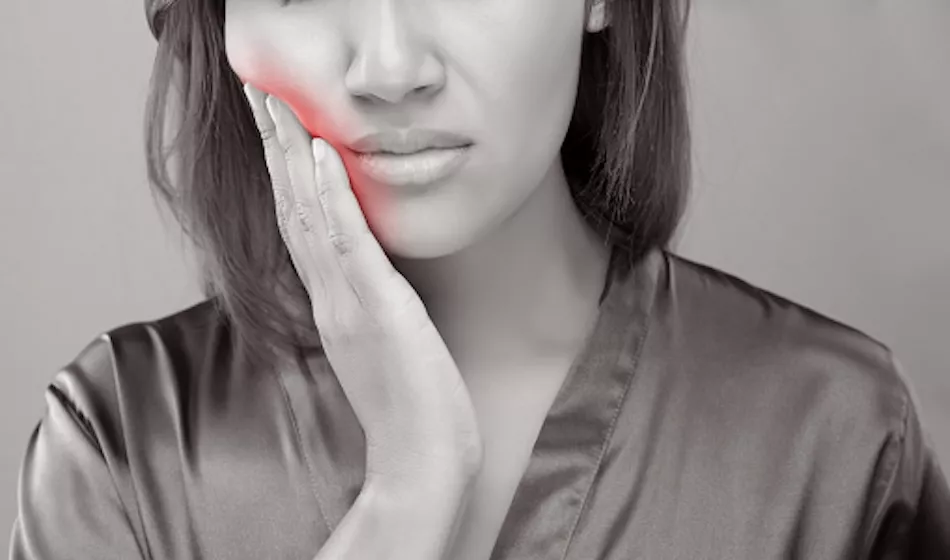A swelling jaw can be a symptom of many different dental complications. A swelling jaw can be painful and quite bothersome when you’re trying to do your daily chores. It can hinder eating and speaking and may even make it impossible to get a good night’s rest.
Jaw swelling can occur due to a dislocated jaw. A dislocated jaw may be unnoticeable at first, but there are signs you can look for when trying to identify it. One common way to determine if your jaw has been dislocated is by using your ears.
If you notice a slight clicking sound whenever you open your jaw, it could mean that your jaw is dislocated. Dislocated jaws are also associated with mild to severe pain under the cheekbone. If your swelling is around this area, there’s a good chance your jaw is dislocated.
WISDOM TEETH CAN CAUSE SWELLING
Another reason your jaw may swell is because of wisdom teeth. Wisdom teeth can become painful and make your lower jaw swell. Wisdom tooth pain is often located towards the back of the mouth on either the upper or lower teeth. Swelling of the jaw due to wisdom teeth may mean that they have become infected and need removal.
The last reason you may experience swelling of the jaw is dental surgery. Dental surgery is not only harsh on your mouth, but also the surrounding areas. Luckily, swelling of the jaw after dental surgery is a common side-effect.
Swelling after surgery should reside in a few days, but if it doesn’t, your mouth may have become infected. The best way to avoid infection after surgery is to follow our oral care tips. If you have any more questions about jaw swelling, please stop by our office for a visit. We would be happy to assist you.

